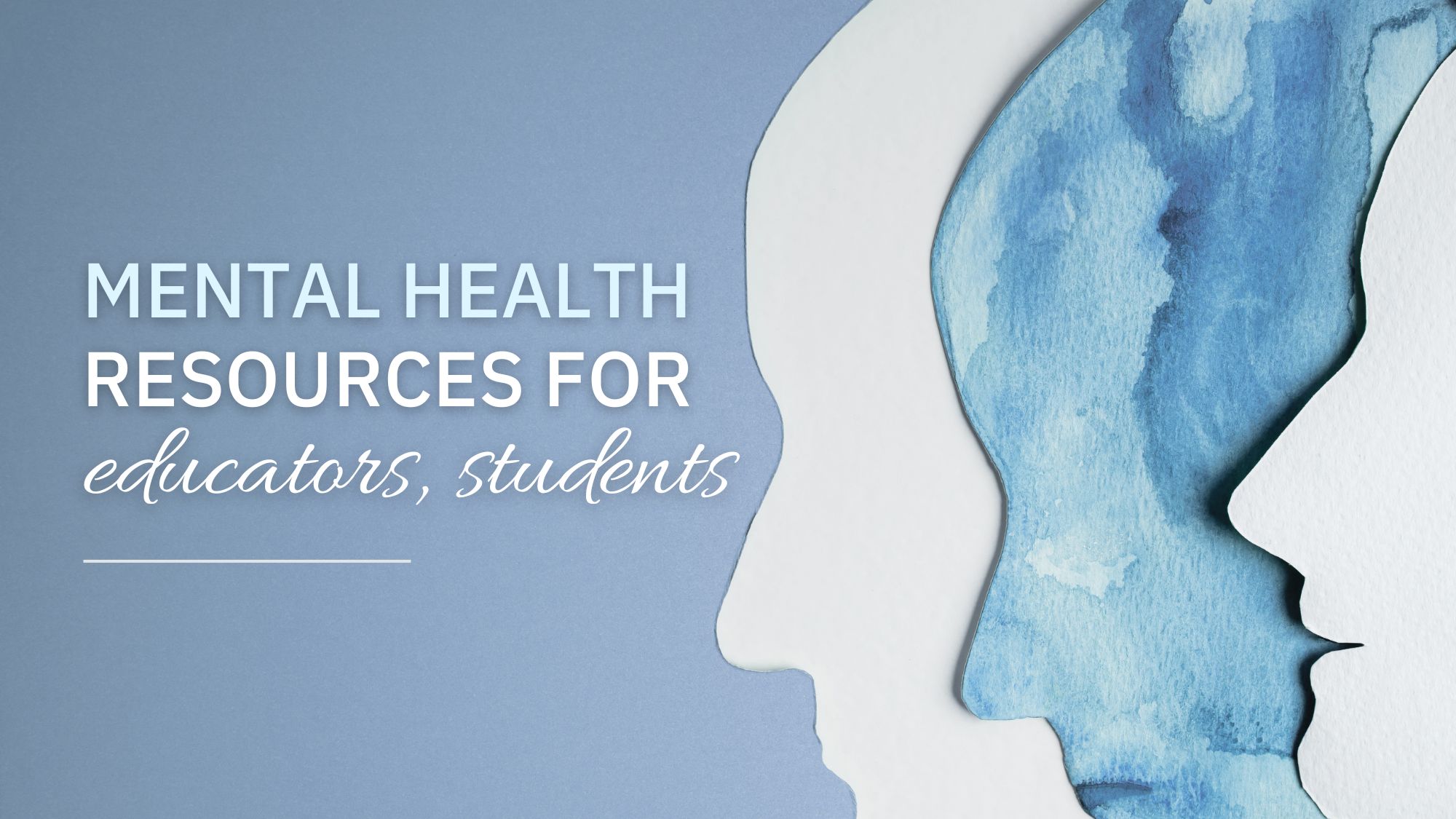Resources to help educators care for their own mental health and help children in their charge cope with crises
Updated: December 15, 2023
Disaster Distress Helpline
If you are experiencing anxiety, worry, sadness, anger, or other strong feelings of distress, call the federal government’s Disaster Distress Helpline (DDH) at 1-800-985-5990 for crisis counseling and support.
- Call or text 24/7/365; standard text messaging, data rates apply.
- Press 2 for Spanish; interpretation services are available in 100+ languages.
- If you are deaf or hard of hearing and American Sign Language is your primary or preferred language, use your videophone-enabled device to be connected with a DDH crisis worker fluent in ASL.
HIDOE Employee Assistance Program
The Hawaiʻi State Department of Education (HIDOE) contracts Employee Assistance of the Pacific (EAP) to provide all employees with emergency crisis, critical incident stress debriefing, and other mental health services and resources. This service is free up to a maximum of three hours and available 24 hours a day, 365 days a year, for all HIDOE full-time, part-time, and temporary employees, except hired student helpers.
Call EAP directly at (808) 597-8222 or toll-free at (877) 597-8222, Mondays through Fridays, 8 a.m. to 5 p.m.
Hawaiʻi CARES
When should you contact Hawai‘i CARES 988?
- When you feel stress, sadness, anxiety, or loneliness and those feelings begin to interfere with your appetite, sleep, work or school.
- When you have dependency on alcohol or drugs, and you feel like you’ll never be free from the desire to use.
- If you are experiencing emotional or physical harm whether you have caused yourself harm or someone else has caused you harm.
- When you want to help someone else.
Access 24/7 local crisis counselors at (808) 832-3100, 1-800-753-6879 or call/text/chat with 988.
Maui Community Mental Health Center
Call (808) 984-2150, email mauiwellness@doh.hawaii.gov, or visit in person at 121 Mahalani Street in Wailuku.
Carelon Behavioral Health
If you are experiencing mental distress or need assistance with food, housing, and other essential needs, Carelon Behavioral Health has a support line to listen to your concerns and problem solve with you. Call 800-580-6934.
National Association of School Psychologists
- Care for the Caregiver: Tips for Families and Educators
- Natural Disasters: Brief Facts and Tips | School Safety and Crisis
- Psychological Trauma Warning Signs
- Recovery from Large-Scale Crises: Guidelines for Crisis Teams and Administrators | School Safety and Crisis
- Resources to Assist States/Territories Recovering from Natural Disasters
- Sample classroom meeting script for Maui wildfires
- Social Media and School Crises: Brief Facts and Tips | School Safety and Crisis
Child & Family Service
Comprehensive Counseling and Support Services – A child abuse prevention and treatment program, providing a broad array of services to meet the needs of children and their families. The goal is to help parents or caretakers, children at risk, foster families or reunited families live in a safe, permanent home. Oʻahu: (808) 681-1467 91-1841 Fort Weaver Rd. Ewa Beach, HI 96706, Kauaʻi: (808) 245-5914 2970 Kele St. Suite 203 Lihue, HI 96766, Maui County: (808) 877-6888 293 North Market St. Wailuku, HI 96793
Kaiser Permanente
Behavioral health care
Kaiser Permanente offers critical mental health and addiction services and resources. Members do not need a referral to access behavioral health care at Kaiser Permanente.
Call Monday through Friday, 8 a.m. to 5 p.m.:
- Oʻahu: 808-432-7600
- Neighbor islands: 1-888-945-7600
For 24/7 advice, call: 1-833-833-3333 (TTY 711).
Social workers
Kaiser Permanente social workers can help members with social health needs, such as food, transportation, housing, and connections to state and federal programs, including FEMA assistance, unemployment benefits, health insurance coverage, and Supplemental Nutrition Assistance Program (food stamps).
For assistance, please call (808) 432-7100 ext. 5.
U.S. Centers for Disease Control and Prevention
“Promoting Mental Health and Well-Being in Schools” is an action guide created by the CDC to help school and district leaders build on what they are already doing to promote students’ mental health and find new strategies to fill in gaps.

